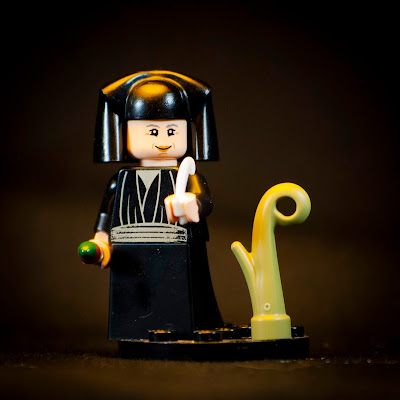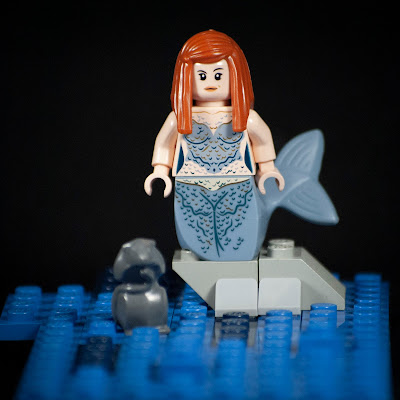St. Dominic
St. Dominic is most well-known for founding the Dominican order, as well as for popularizing the Rosary. The order that bears his name is one of the most active Catholic orders today, especially in education. He was also instrumental in combatting the Albigensian heresy, which he did by modeling an austere life and through rigorous theological study.
Lifetime: 1170 to 1221
Region: Spain; France; Italy
Region: Spain; France; Italy
Patronages: Astronomers; Dominican Republic; The falsely accused
Iconograpy: Dominican habit; Lilies; Rosary
Feast Day: August 8
Feast Day: August 8
When Dominic was still a baby in his mother's womb, she received a vision of a dog leaping from her belly, carrying a torch and setting the world ablaze. Not much else is known about Dominic's parents, but both are believed to have been nobility. He studied under his uncle for his primary education, then attended a university for ten years, during which he became well-known as a model student.
However, Dominic was as compassionate as he was dedicated. Once he sold his clothes, furniture, and even school books to get money to give to a beggar, and twice he tried to sell himself into slavery to free others. These combined traits of scholarship and generosity led his bishop to call upon Dominic when a monastery needed new life in its leadership. Dominic and the bishop led the monastery for nine years.
After revitalizing the order, the bishop asked Dominic to join him on a diplomatic mission to Denmark, where they were tasked with finding a bride for the prince. On their way to Rome, the pair ran into some other monks in France who had been sent to convert the Cathars from their heretical theology. The Cathars believed that the material world was inherently evil -- even to the point of denying the sacraments and the Incarnation. As such their lives were very simple, which impressed many into converting to their false theology. They were also well-studied and regularly triumphed over the monks in debate. The monks, in contrast, were very worldly and had arrived with retinues and many worldly comforts, which weakened their arguments against the Cathars.
Dominic realized the problem at once, and convinced the other monks to give up their ways and live more simply. He also used his deep knowledge to overcome the heretics, and his efforts were rewarded. Many Cathars converted back to orthodox belief under Dominic's mission -- so many, in fact, that he established a convent so that the women he freed from heretical belief could continue educating the people in the matters of faith and theology.
However, after some Cathars assassinated one of the Pope's representatives, the church declared a crusade against them. Though they were heretics and in some ways his enemies, Dominic vocally opposed the crusade and begged for mercy for the Cathars.
Dominic became a famous figure and was courted for an appointment to bishop at least three times, but always declined. He felt his calling to travel and preach to the people was far more important, as well as his mission to establish monasteries of preachers who would do the same. Eventually, Rome granted him permission to establish a new order with exactly that mission, which he named the Order of Preachers, who are known after their founder as the Dominicans.
Dominic continued to travel, setting up new monasteries in his order and checking on the existing ones. The order thrived during his life, though his death at 51 did not stop its success. He was canonized by the Pope less than 15 years after his death.






